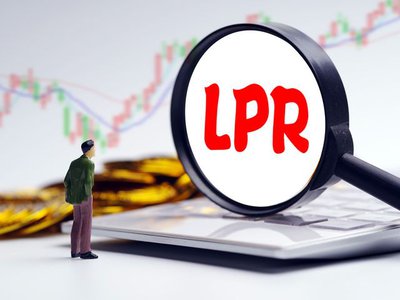For Coloradans, the prospect of fast cash often comes with a cycle of debt that includes high-interest rates.
Proposition 111 could change all that.
Proposition 111 would ensure that the yearly interest rate of payday loans are capped at 36 percent and get rid of fees and finance charges. Coloradans will vote on the measure Nov. 6, and if passed, will go into effect Feb. 1.
As it currently stands, payday lenders operating in the state can charge in excess of 200 percent interest for any loan approved. These loans are usually targeted at customers who are in terrible financial predicaments.
If approved, Colorado would join the 15 other states including Washington D.C. to cap the interest rates at 36 percent.
According to the Consumer Financial Protection Bureau, payday loans are short-term loans that are paid back in one payment and do not look at their ability to pay the loan off.
The Center for Responsible Lending said payday lenders make up to $50 million a year off of financially-distressed residents. In 2010, the state went after payday loans, decreasing the costs, lengthening loan terms to six months and hindering any sale for ancillary products and ensuring origination fees refundable.
The CRL said this has led to the birth of high-cost installment payday loans.
The campaign that supports Proposition 111 said the average yearly payday loan percentage rates is 129.5 percent. The CRL said this type of percentage rates keeps people in debt for quite some time.
The CRL learned that payday loan lenders can be found more in Latino and African-American neighborhoods.
A report from the Colorado Attorney General found the average payday loan was $392, but borrowers would pay more in interest, origination fees and monthly maintenance fees. It takes borrowers more than three months to repay their loans, with most borrowers taking out at least two loans a year.
In 2016, roughly 25 percent of loans were defaulted.






